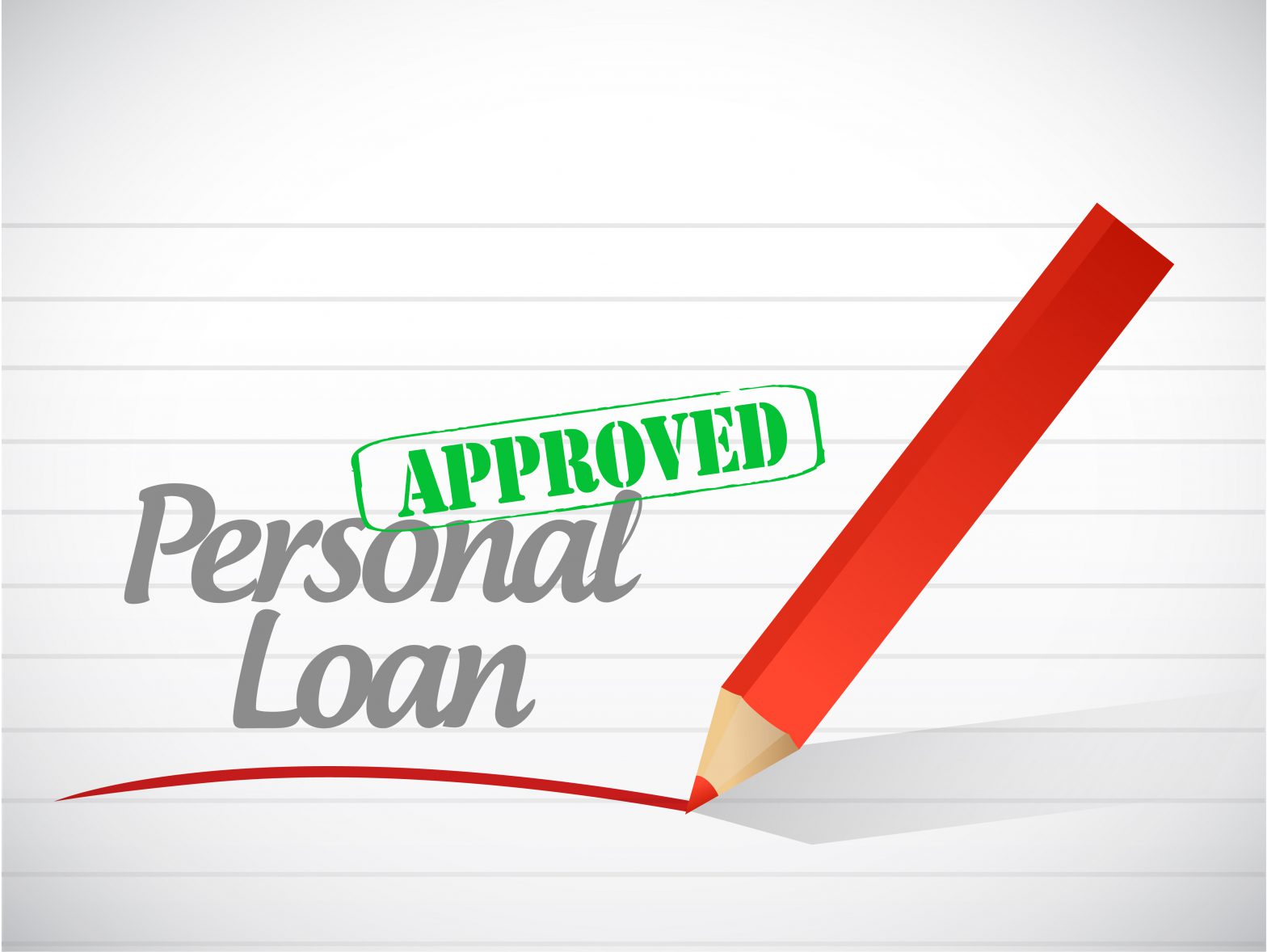Dear Customers & Prospective Customers,
In this post today, we want to address the topic on everyone’s mind this week: The Covid-19 Novel Coronavirus.
We are now officially in a state of global pandemic.
The effects of the Coronavirus outbreak — and the measures the New Zealand Government has taken to slow it — reach into every facet of our country’s businesses and communities.
That means the financial markets — and specifically the lending business ecosystem — will be affected by this.
So, allow us to clarify a couple of things.
Firstly…
Loanplace Remains Open For Business
We are still accepting, processing and settling finance applications across our range of products and services.
As with all Kiwi businesses, we remain vigilant for the wellbeing of our staff and their families.
But at the time of writing, we’re all hands on deck.
Should this change, and mean we are unable to serve our customers at our normal capacity, we will let you know.
Like the rest of the country and world, we are of course monitoring the situation daily and standing by to adhere to Ministry of Health directives.
We will do our best to remain fully operational.
And…
We’ll Do Our Best To Help You
We’ve always prided ourselves in going above and beyond for our customers here at Loanplace.
While there are obviously huge and rapidly changing factors at play right now, we remain focused on matching our customers with the best possible financial solutions from our network of lenders across the country.
The basic conditions we must use to assess loan applications remain the same.
We will always ask for proof of income.
We will never lend to a customer who can’t afford to repay their loan.
Our commitment to responsible lending in line with regulatory requirements and industry standards remains the same, regardless of how severe and prolonged the Coronavirus outbreak becomes.
Stay Alert, Stay Safe
Should you have any queries regarding the current lending conditions and options available, please feel free to get in touch.
Speak with one of our personal consultants today on 0800 461 228 or email us directly at info@loanplace.co.nz.
Or…
Use our free personal loan calculator
Look after yourself, and each other.
Sincerely,
The Loanplace Team









